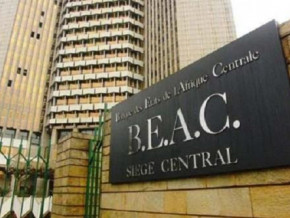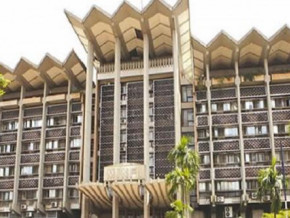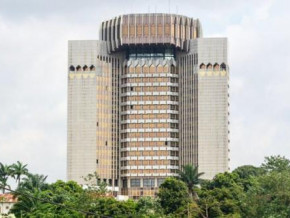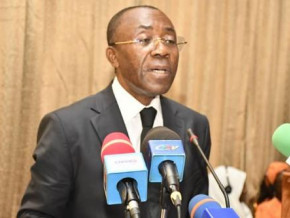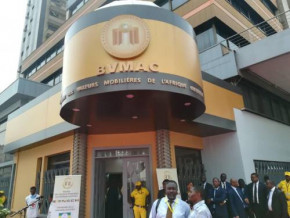
Cameroon plans to become “the factory of the new Industrial Africa by 2050”

(Business in Cameroon) - According to the Cameroonian Minister of Mining, Industry and Technological Development (Minmidt), Ernerst Gbwaboubou, the Industrialisation Master Plan (PDI) which Cameroon just got is meant to turn this Central African country in to “the factory of the new Industrial Africa by 2050”. To achieve this, the government member highlighted in an interview with the pro-government daily, the PDI rests upon three pillars: the food, energy and digital industries.
“I must stress that this plan is in line with the five main priorities of the African Development Bank group which are: to light up Africa and provide electricity, feed Africa, integrate Africa, industrialise Africa and improve the quality of life of Africans”, pointed out Ernest Gbwaboubou.
In practical terms, at the operational level, in the energy sector, the PDI provides for the construction of the maximum number of energy infrastructure on the Sanaga, to pack this river on which is located 75% of the hydroelectric potential of Cameroon. This is also about “speeding up the development of other forms of renewable energy (biomass, natural gas, solar power) to provide affordable and ecological energy to our local industries, and finally concern ourselves with the vast market our big neighbour, Nigeria, represents with energy needs estimated at 88,800 Megawatts in 2020”.
On the food industry side, we learned, the PDI will put the priority on “developing agro-industrial technopôles (technical centres)”, to turn Cameroon into the bread basket of the 10 CEEAC countries and 150 million Nigerian citizens, a country with which Cameroon shares a 1,500-km long border. “You are well aware that Cameroon imported 1.388 million tons of food products in 2015 worth over FCfa 800 billion, thereby exceeding for the 1st time hydrocarbons (1.294 million tons) and clinker (1.323 million tons). Primarily, this concerns rice (730,000 tons), fish (217,000 tons), cooking salt (139,000 tons) and other various food products (301,000 tons). This situation remains without explanation considering the agro-ecological possibilities of the country”, repeats Mr Gbwaboubou.
In terms of digital economy development, we can remember that the Cameroonian government, through the Ministry of Posts and Telecoms, just established a plan officially requiring funding of approximately FCfa 600 billion.
BRM
Mags frontpage
- Most read 7 days
- shared 1 month
- read 1 month





